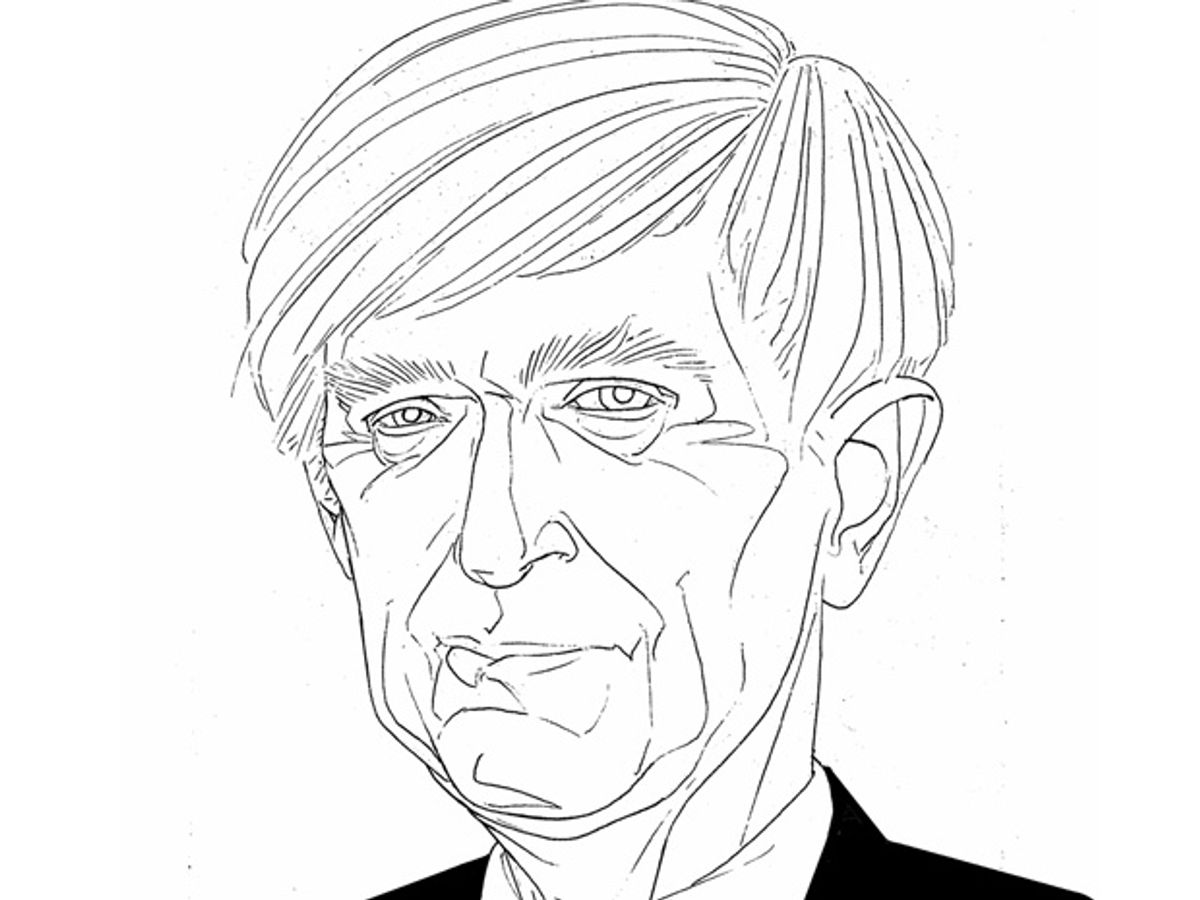I’ve written a bimonthly Reflections column forIEEE Spectrum since January 1982. Every eight weeks I’ve faced a blank computer screen as a deadline approached and had little or no idea what I could write about. I thought that after the first dozen or so columns I would use up all the topics worthy of essays, but it seems that there have always been emerging subjects as well as evergreen ones. These columns have accompanied Spectrum through much of the half-century of publication that we celebrate this year. Looking back on this collection, I’ve tried to see how the columns have evolved and what this says about how engineers and engineering have changed.
In the early years I wrote columns about the joys in engineering, about the difficulties in sharing engineering work with friends and family, and how confessing to being an engineer stopped conversation at social gatherings. I was fascinated with how nonengineer friends claimed they could pick engineers out of a crowd of strangers by looks alone. I remembered being picked up by a limo driver at the airport. When I asked how he knew who I was, he gruffly replied, “I can always tell an engineer.” I did not consider it a compliment.
I wrote about the engineering life: giving presentations, writing reports, the foibles of management, and the little daily frustrations of unsolved problems. There were columns on the emergence of integrated circuits, computers, and the Internet, but the one that produced the most reader feedback was entitled “Goodbye, Heathkit.” This was a nostalgic memory for many engineers, and the passing of the DIY electronics company Heathkit represented a watershed in technology. Integrated circuits had changed everything. They enabled and encouraged ever greater complexity and could be fabricated only in hugely expensive facilities. Electronics was becoming a business for teams of professionals.
In 1987 my essay “The Footsteps of Giants” appeared, in which I wondered if my contemporaries would ever become as famous as the inventors and pioneers who had preceded us. The number of engineers throughout the world was growing, the problems were becoming more difficult, and credit for discoveries was becoming more diffuse. Looking back on this column now, I realize that a number of my contemporaries did indeed become famous, but more for starting technology companies than for inventions per se.
In more recent years I have written more about the technology itself, and some of my old columns about how the world saw engineers now seem quaint. I think that society at large has come to identify with engineers much more. We are the designers of personal computers, cellphones, flat-screen televisions, and other coveted gadgets. Bill Gates and Steve Jobs are idolized, and even Facebook’s Mark Zuckerberg got a movie. Of course, none of them were trained as engineers, but they have come to epitomize the public perception of who engineers are and what they do. We are surrounded by technology, and we engineers are its keepers.
While the social aspects of engineering life have slowly receded from my columns, the technology has constantly presented ever more ideas. There are always areas opening up that offer new challenges. There may not be any singular invention as immediately significant as the transistor or laser, but the potential that we now have in software, computing, and networking seems unlimited.
In some of those early columns I wrote about my reticence to answer that ubiquitous question at social gatherings, “What do you do?” Now, the hesitation is gone. I am proud to reply that I am an electrical engineer, and I think that I can discern a flicker of respect for that answer. But it seems as if people still don’t want to hear more about what I actually do. They probably think that I design iPhones, and that’s fine with me.
